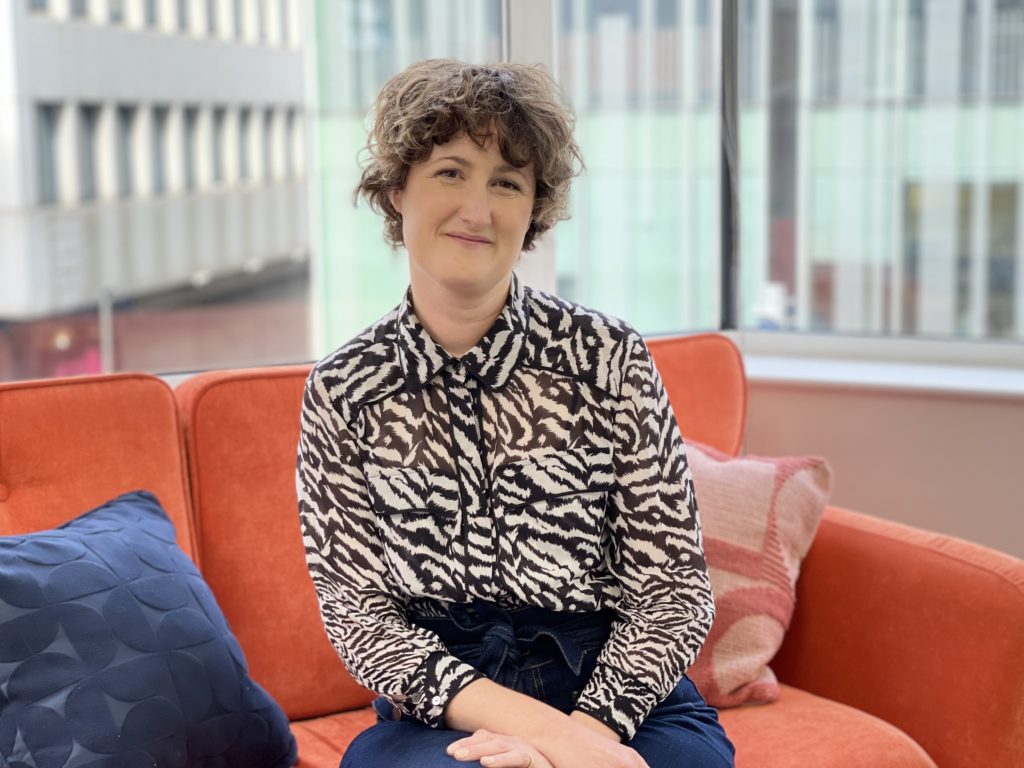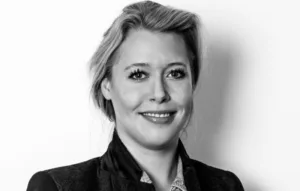by Charley Day, Strategy Director, The Kite Factory
Our world is better off with higher levels of trust. Richard Edelman, CEO and President, Edelman, goes further: “without trust, institutions don’t work, societies falter, and people lose faith in their leaders”.
We live in an increasingly uncertain world, driven by a barrage of global events – climate disaster, pandemic, war in Ukraine, political instability, an infodemic, and the cost-of-living crisis, all contributing to an epidemic of global mistrust.
6 in 10 people say they distrust something until they see evidence it is trustworthy. And 57% of the UK feel powerless to affect change. This erodes trust.
This is equally true for charities. During the Covid pandemic, trust in NGOs began to recover from the scandals played out in the media during 2014 – 2018. This was due to people seeing again the impact of tangible charitable giving. However, trust is now in decline again: YouGov data shows that only 1 in 3 believe that charities have a positive impact on their cause, so it’s back down to a similar level as 2018. The UK has one of the highest levels of NGO distrust in the world.
Why does trust matter so much to NGOs? Because trust is intrinsically linked to the repeat donations charities rely on. It is arguably the biggest driver of giving and so with this decline, we are seeing a decline in donations. 53% of people surveyed in YouGov gave to charity last year, vs 62% five years ago.
There is little charities can do to reverse the trend, which is firmly out of their reach. However, there is hope for charities, they are still ahead of governments and news sources on the trust barometer. Hope is not a strategy, but as charities are faring better in society’s current battle with distrust, they are in a stronger position than most to connect with people. Humans are hardwired to trust, and we seek this out through personal connections. Connections which charities are experts in forging.
As trust in other institutions is eroded, expectations of how charities can fill the gap increase. This disparity has its downsides but the public’s response to international crises like Covid has proved that NGOs can be a stabilising force in an uncertain world.
By deepening engagement with supporters, charities can increase trust. At The Kite Factory we work with charities like Leonard Cheshire to create audience segmentation and engagement strategies.
Charities have a chance to fill gaps left by less trusted institutions. The sector has shown that trust can be lost, and it can be regained. It’s an ongoing relationship with society and generosity, so as the world navigates a period of lower trust, here are five thoughts on increasing trust:
- Show transparency in how you spend your money and its tangible impact. Use your owned and earned communications to show your highs and lows – when you have made mistakes and overcome them. As a charity client once told me; “just be a human talking to a human, which is exactly what you are. It’s not rocket science.”
- Drive consideration by establishing messages in a relevant conversation that encourages trust. WaterAid’s Mars campaign showed how an NGO can have a contextual societal conversation and highlight their purpose for tackling the injustice of the global water crisis.
- Be present in places that people trust. Align to a corporate partner that has higher trust or use your media budget to invest in TV, still the most trusted form of advertising in the UK.
- Be a credible news source. Use your earned media and resources to be a trusted voice. Use your knowledge and experience to build trust in your organisation and give people a definitive truth, like the NSPCC promoting Pantosaurus – their resources to teach children about safety.
- Speak up on controversial issues and help shape the conversation. 80% of the population want CEOs to be personally visible when discussing work their company has done to benefit society, like Penguin Random House partnering with Margaret Atwood and PEN on an unburnable edition of the Handmaid’s Tale.
Lastly, you don’t need to have a stance on everything, but to build trust, where a subject is relevant to you, take a timely position and make it personal and unequivocal.








